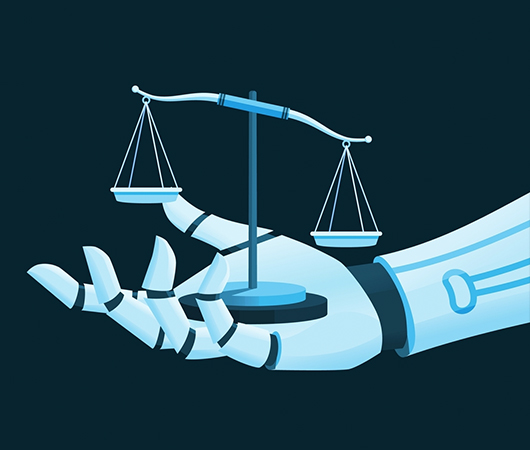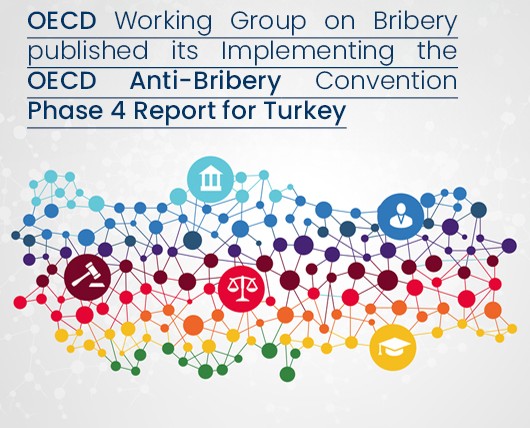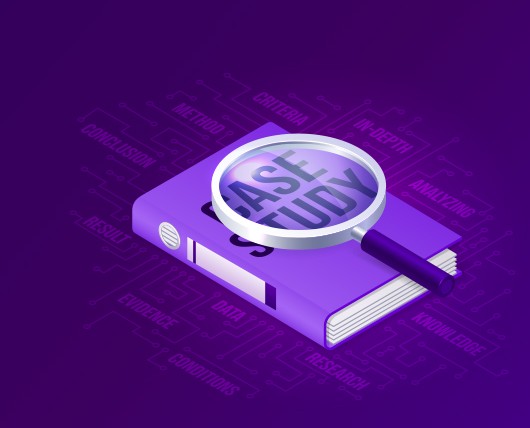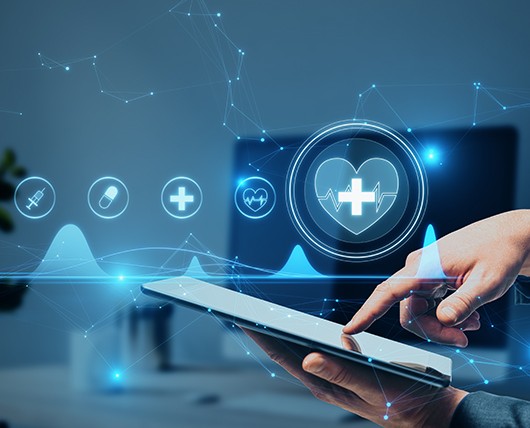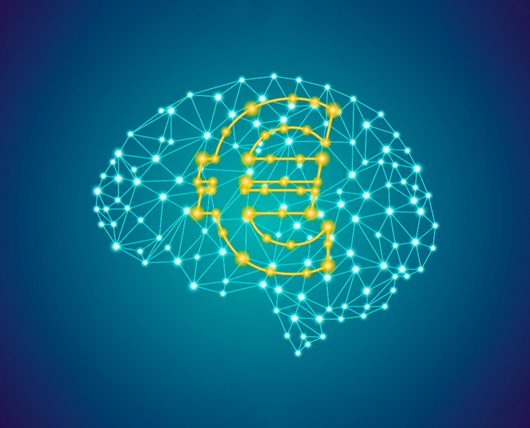Cybercrime is growing at an alarming rate. According to the UK National Crime Agency, cybercrime costs the UK billions of pounds, causes untold damage and threatens national security. In March 2023, the USA adopted the new US National Cybersecurity Strategy, which aims to protect critical infrastructure, including hospitals and clean energy facilities from cyberthreats.
This is all happening by no accident. According to IBM, the global average cost of a data breach in 2023 was $4.45 million, a 15% increase over the past 3 years (according to IBM’s annual study which in 2023 included 553 organizations, each of which was impacted by data breaches). Widespread cybercrime and cyber insecurity were seen by risk experts surveyed for the World Economic Forum’s Global Risks Report as the 8th biggest risk in terms of severity of impact, across both the short term (next two years) and long term (10 years).
In many large international companies, including energy companies, cybersecurity is among the top three risks.
And as you may have guessed, cyber criminals are constantly upping their game. In fact, they are making their living based on how the success rate of their crimes. In most of the cases, that is their sole job!
This is even more so, now that after the COVID-19 pandemic, our new reality in many cases includes some elements of working from home or remotely. This means that there needs to be even more caution, because we now exchange confidential information remotely not only related to our personal lives but also to our employer or clients, all in one place, our home or whichever place we chose as a remote!
And we become an attractive target.
In fact, did you know that you are likely to become a victim of a phishing (see below) than a burglary?
So, what is a cybercrime?
Cybercrime is illegal activity carried out with the internet, computers, networks or any other digital technology in order to commit a crime. In other words, cybercrime is when cyber criminals seek to exploit human or security vulnerabilities in order to steal your data and make money from that.
There are a few types of cybercrimes which can be summarized as follows:
- Hacking – where cyber criminals access another person’s computer network or device without permission
- Phishing – false emails asking for security information or personal details
- Malicious software – including ransomware, through which cyber criminals hijack files and hold them until individuals or organizations pay ransom; if ransom is paid cyber criminals would then release your data or send you a password to re-access your system
- Distributed denial of service (DDOS) attacks against websites – basically cyber criminals try to find vulnerabilities in your websites and start stealing data through such vulnerabilities
- In addition, one of the recent trends is increased supply chain attacks. Cyber criminals exploit links between companies to spread viruses or use hacked accounts to send phishing emails or commit invoice fraud
Who is at risk of cybercrime?
Virtually anyone, who possesses information, which may be of interest for cyber criminals!
This includes both individuals and organizations. In case of individuals, cyber attacks include unfortunately more senior people too, especially those who cannot help themselves and are dependent on other family members or guardians.
In case of organizations, there are multiple examples of attacks. Colonial Pipeline is an American oil pipeline that originates in Houston, Texas and carries gasoline and jet fuel mainly to the Southeastern United States. About 55% of fuel consumed on the East Coast in the USA arrives via this pipeline system. On May 7 2021, the US Colonial Pipeline was attacked with a ransomware cyberattack, and Colonial Pipeline declared the state of emergency two days following the attack. This ransomware attack impacted computerized equipment managing the pipeline which resulted in 6 days shutdown of the entire pipeline, causing fuel shortages and affecting around 12,000 gas stations. After the shutdown, the average national price of gasoline rose to the highest it had been in over six years.
With the assistance of the FBI, Colonial Pipeline paid the requested ransom (75 bitcoin or $4.4 million). After the payment, the hackers sent Colonial Pipeline a software application to restore their network. This is one of the examples, where ransomware attack ended up in payment to the cyber criminals since allegedly otherwise Colonial Pipeline was simply not able to bring back its operations.
ALPHV ransomware group, also known as BlackCat, claimed responsibility for a February 2023 cyberattack on Reddit. The attack, was initiated through a phishing email, which resulted in the theft of 80GB of data, including internal documents, source code, and employee and advertiser information. The group had announced its intent to leak the stolen data after failed attempts to extort $4.5 million from Reddit for its deletion.
These are just a few examples of cyber attacks against nation states, companies.
How can we be protected?
In each example mentioned above, the human factor was the number one reason for successful attacks! In the Colonial Pipeline example, a single compromised password is believed to have caused the successful attack. In the Reddit example, employees have clicked on the phishing email, which essentially approved the attack.
Remember, techniques of cyber criminals vary. And given that the technology develops with incredible speed, their skills improve accordingly. For example, an attack can be through an email, where cyber criminals would slightly change the name or the surname of the sender whom you already know and interact with. The email may ask for an urgent change of bank account details if it is a supplier or if it is someone you know socially, that they have an emergency and urgently need money.
And be careful when receiving another (!) exciting job opportunity from an unknown source or at LinkedIn! Such messages may be connected to cyber criminals.
If we remember that we as individuals play very important role in preventing such and similar attacks, then we will make task of cyber criminals harder. You may have the strongest security infrastructure at your organization, but if your employees are not knowledgeable enough, one human error may cost a lot for organizations.
Remember, most cyber attacks occur due to human error. So, our protection is in our hands!
What good practices are out there?
Here are some useful tips:
- Do not share confidential information concerning your organizations, clients or yourself/loved ones in public places. The name speaks of itself, it is a public place!
Have you heard by accident someone discussing their employer’s confidential stuff in a café or a restaurant?! Yes, exactly, just don’t do that!
- Watch out for anything unusual or suspicious in an email from a supplier or during a conversation. For example, this may include a request to validate an account via fake log-in page
- Ensure that you correctly classify and protect data within your organization, including personal data
- Use a strong and a different password for your email, which can be done through using three random words and include numbers and symbols if needed. Do not use words that can be guessed easily (e.g., your dog’s name) or are too common (e.g., internet)
- Timely update your devices. Updates include protection from viruses and other kinds of malware, and will often include security improvements and new features
- Be careful when receiving free USB sticks from third parties, they are a great source of a potential attack
Yazı: Elshad Rustamov – The Consultant Danışmanlık
Not: Makalelerdeki Görüş Ve Yorumlar Yazar Veya Yazarlara Ait Olup , Etik Ve İtibar Derneği’nin Konu Ile İlgili Düşüncelerini Yansıtmamaktadır.

